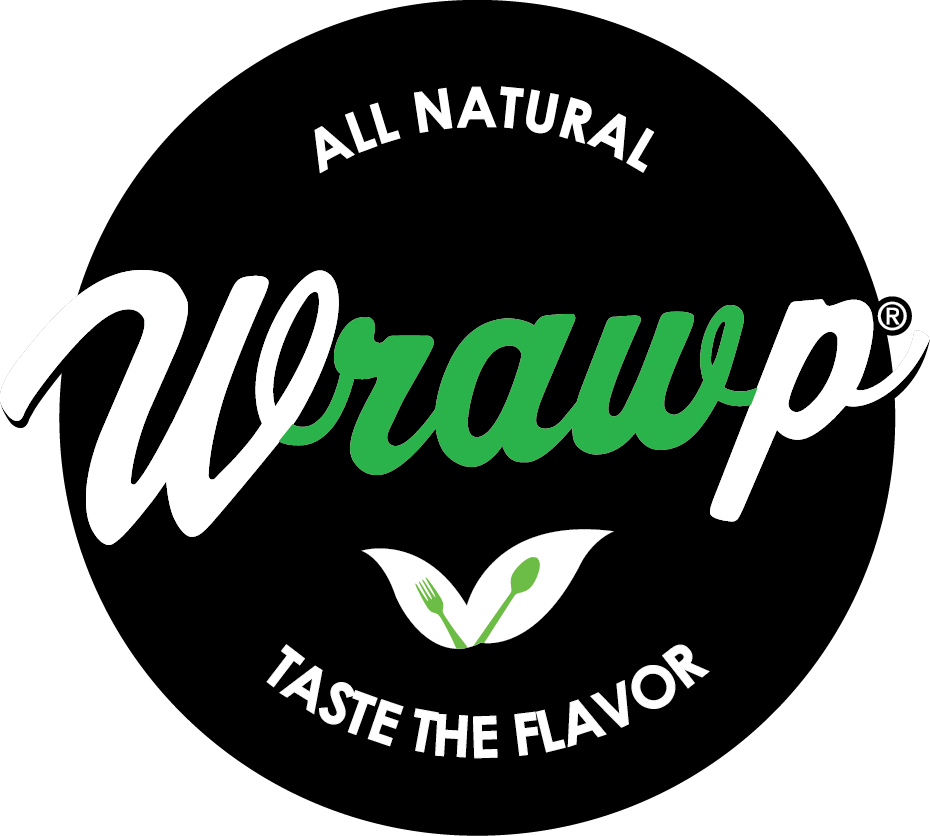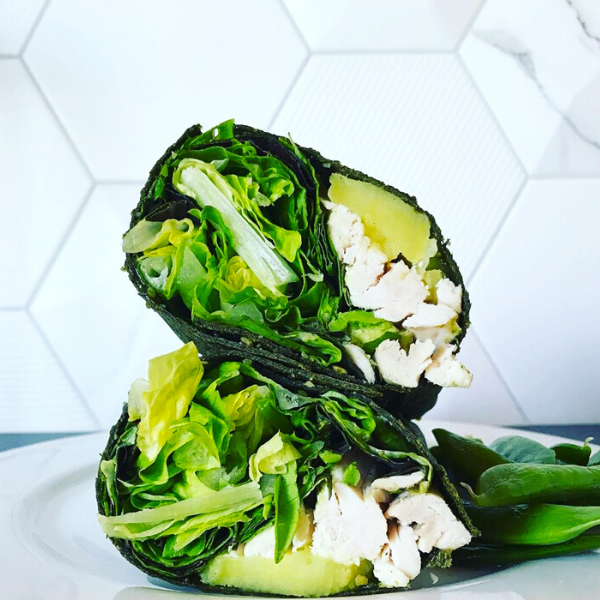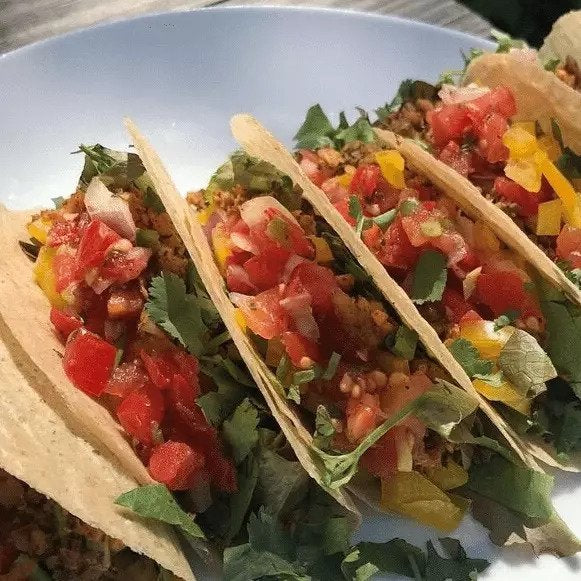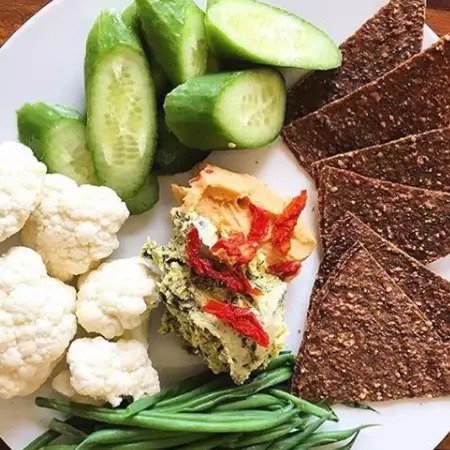Ethical Food – Eating More Sustainable, Humane and Local in 2020
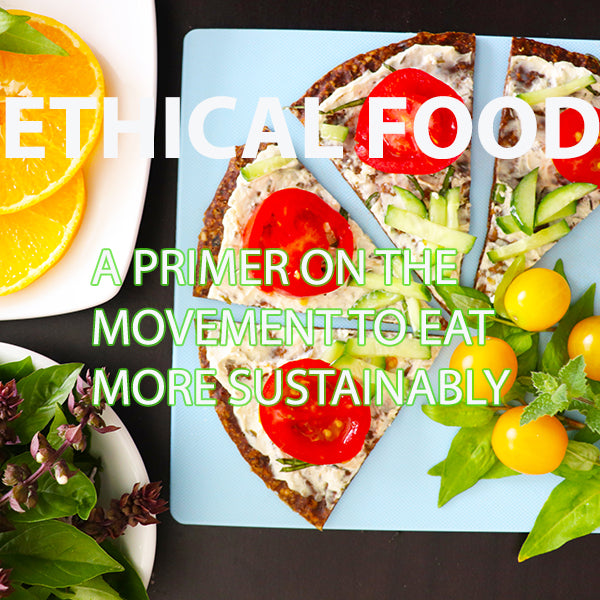
Living more ethically and minimizing the negative impacts of human life on planet Earth, especially as it pertains to the food we consume, is a concern for many. These concerns have spawned an Ethical Food movement, which looks to be a growing trend in the new year. Definitions for Ethical Food may vary, but it essentially means sourcing food and eating it in ways that seek to promote a sustainable lifestyle, while minimizing pain or injury (either physical or mental) to the livestock animals involved, and all the workers that produce and prepare your food. Ethical food also seeks to ensure that any animals involved in the food you eat experience the best possible life, and most humane / pain-free death.
Most agree that minimally processed plant-based diets constitute a healthier human diet. Some believe that it is ethical only to eat plants, while others contend it can be ethical to consume both plants and animals (ethical butchers, seeking to minimize both animal pain and food waste common in more industrial-scale meat production, are a rising trend in some urban areas.) This is an individual choice, but striving to live ethically demands an informed, knowledgeable choice of food, balanced against an understanding of the demands of feeding a growing world population, the health impacts of food choices, and the consequences of food production, food worker and preparer treatment, and transportation distances and methods involved.
Living ethically is a logical extension of many concerns driving the choice towards a plant-based diet, as that commitment to cruelty-free and more sustainable eating can extend to broader lifestyle choices. It is important to understand, however, that in trying to make a positive social impact, there can be negative consequences; some might have to pay more for food that is ethically produced.
Environmental concerns of food production include the use of chemical fertilizers, herbicides and pesticides, in addition to the use of hormones and impact of the volume of animal waste produced by industrial / factory farming. All of these can have a negative impact on our shared environment, potentially contaminating the soil, air, and water. Recognized climate change contributors resulting from food production include the methane produced by high concentrations of farting farm animals like cattle, sheep, pigs & fowl, and the carbon pollution resulting from the long-distances covered in industrial-scale food distribution, transporting from farm to market to table.
Ethical Food related concerns for human health include the minimizing of negative impacts from large scale food production, including the use of hormones and artificial growth promoters, chemical-based pesticides, antibiotics that can negatively affect child development, rising antibiotic resistance, and other adverse health impacts. Corporate advertising and marketing tied to national and international scale food corporations can encourage overeating, food waste and overall poor food choices. These forces can have overwhelming social impact spillover, as well, including a negative focus on body image that can contribute to devastating eating disorders.
Another driver of the push for Ethical Food includes the humane treatment of livestock animals, seeking to avoid the intensive confinement and abuse endemic in factory farms, and eliminate any inhumane conditions during the raising, transport and slaughter of livestock.
These concerns for welfare and minimizing negative impact extend to the fair treatment and compensation of food workers/farmers/food preparers. This is where Economic Justice intersects with Ethical Eating, extending concerns about minimizing suffering to Fair Trade. It is important that farm and food production work is respected, and pays a living wage, while actively seeking to eliminate unsafe working conditions, the exploitation of workers, and potential enslavement of the marginalized and undocumented.
Choosing to consume more ethically can seem overwhelming. There are so many factors involved in food production, that unless you’re raising your own crops and livestock it can be difficult to even understand where to start? Just know that the desire to make a positive commitment to eat more sustainably and more cruelty-free is the important first step; followed by seeking out farmers, grocers and food brands with a similar commitment and worldview.
As a California-based, woman owned, small business, with a commitment to producing healthy vegan foods, using only the cleanest and healthiest organic ingredients, the WrawP Foods family is absolutely committed to pursuing Ethical Food standards. Whenever possible, we source our ingredients locally, to minimize the carbon footprint resulting from our operations, and engage in fair trade with our international suppliers (where no local supply is available.)
In addition, Wrawp's Veggie Wraps and Coconut Wraps are shelf-stable for one year, with no refrigeration required, making them an ideal choice for anyone looking to eat healthier while minimizing their carbon footprint.
There is always room for improvement, and the WrawP Foods Family will continue to strive to offer the best, most ethically produced plant-based wraps and snacks in 2020.
